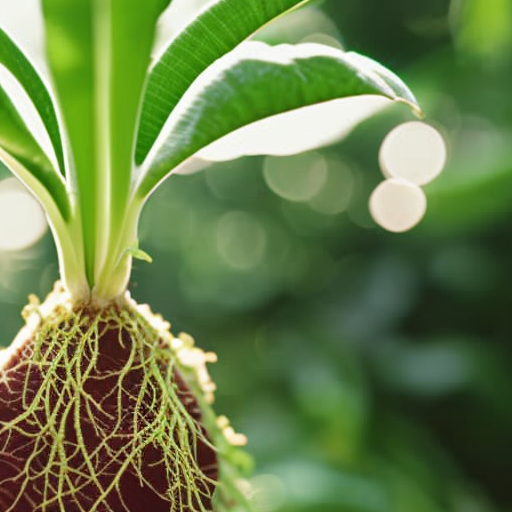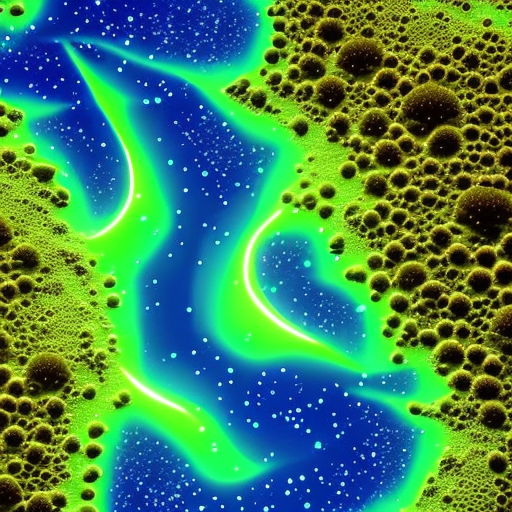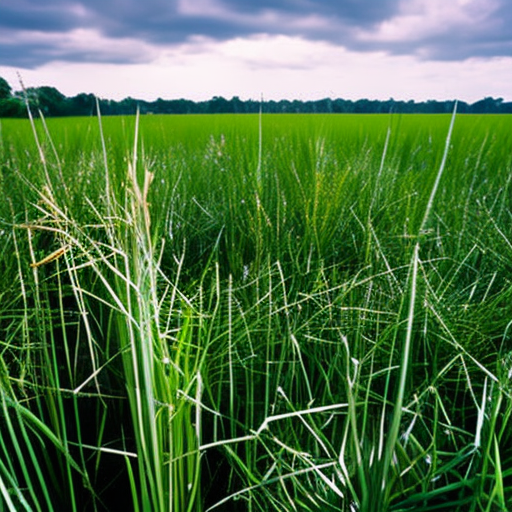Poultry science is the study of the biology, nutrition, and management of domesticated birds, particularly chickens, for the purpose of improving their production and welfare.
Soil Science Explained
Soil science is the study of the composition, properties, and processes of soil, essential for understanding and improving agricultural practices and environmental sustainability.
Plant Breeding Explained
Plant breeding is the scientific practice of manipulating plant genetics to develop improved varieties with desired traits.
Forensic Psychology Explained
Forensic psychology is the application of psychological principles and techniques to understand and analyze criminal behavior and provide expert testimony in legal proceedings.
Crime Scene Investigation Explained
Crime scene investigation is the scientific process of collecting and analyzing evidence to solve crimes.
Forensic Pathology Explained
Forensic pathology is the application of medical knowledge and techniques to investigate and determine the cause of death in criminal cases.
Forensic Odontology Explained
Forensic odontology is the application of dental knowledge and techniques in solving criminal investigations and identifying human remains.
Toxicology Explained
Toxicology is the study of the harmful effects of substances on living organisms and the environment.
Forensic Entomology Explained
Forensic entomology is the study of insects and their life cycles to aid in criminal investigations.
Forensic Anthropology Explained
Forensic anthropology is the application of biological anthropology principles to analyze human remains for legal purposes.
Marine Geophysics Explained
Marine geophysics is the study of the Earth’s structure and processes beneath the ocean floor.
Wetland Ecology Explained
Wetland ecology explores the study of the interactions between organisms and their environment in wetland ecosystems.




















